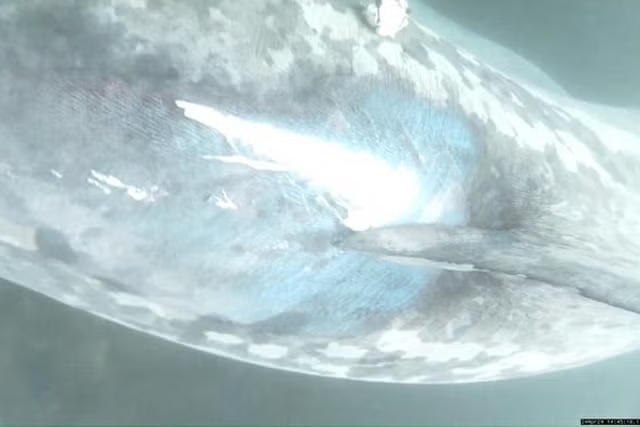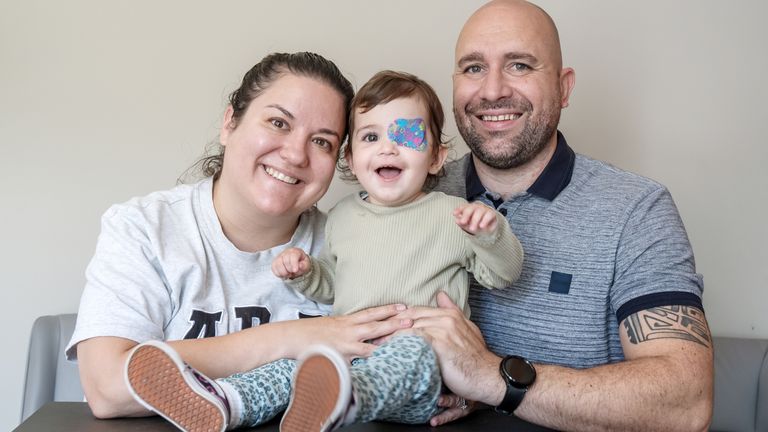Drinking too much coffee can suppress our brain's ability to recover from chronic sleep deprivation, scientists have found.
Caffeine is the most widely consumed psychoactive substance in the world, with roughly two thirds of American adults drinking coffee every day, according to the National Coffee Association. The drug is a stimulant that works by blocking the receptors for a molecule called adenosine, which is released by our bodies to promote sleepiness.
Getting enough sleep is essential for our mental and physical well-being. And yet, one in three adults in the U.S. are not getting enough of it, according to the Centers for Disease Control and Prevention. For many of us, caffeine is a crutch to combat this sleep deprivation. But according to new research from Switzerland and Germany, our morning brew of bean juice might actually be counterproductive.
Just one night of sleep deprivation has been shown to decrease volumes of gray matter in the brain, particularly in regions involved in memory, sensation perception and conscious thought. But it is unclear how consecutive nights of sleep restriction might impact this change in gray matter and how our brains act to recover.
Daily caffeine consumption has been shown to reduce gray matter volume in the outer layer of our brains, as well as regions involved in long-term memory storage.
"We hypothesized that gray matter would be reduced after chronic sleep restriction, while a concomitant caffeine intake could exacerbate the chronic sleep restriction-induced gray matter reduction," the authors write.
To explore these effects, the team recruited 36 healthy adults with an average age of 29. Each participant underwent a nine-day laboratory visit consisting of one adaptation day, two baseline days, five days of sleep restriction (that is, five hours of sleep), and a recovery day. During the sleep restriction period 19 participants received 300mg of caffeine in the form of three cups of coffee a day, while 17 received the same amount of decaf.
By studying MRI data, taken at three points throughout the study, the team found that, compared to the baseline, chronic sleep deprivation was associated with an increase in gray matter in various regions of the brain in the decaf drinking group. The researchers say this was indicative of our brain's way of adapting to and counteracting the negative effects of sleep deprivation.
However, those in the caffeine-drinking group actually showed reductions in gray matter in these brain regions.
"This study revealed reversible cortical plasticity in frontal, temporal-occipital, and thalamic gray matter in response to chronic sleep restriction," the researchers write. "This plastic response, however, can be suppressed or reversed by concomitant caffeine intake."
The full study can be found in the Nature journal, Scientific Reports.
Do you have a tip on a health story that Newsweek should be covering? Let us know via science@newsweek.com.
Disclaimer: The copyright of this article belongs to the original author. Reposting this article is solely for the purpose of information dissemination and does not constitute any investment advice. If there is any infringement, please contact us immediately. We will make corrections or deletions as necessary. Thank you.



